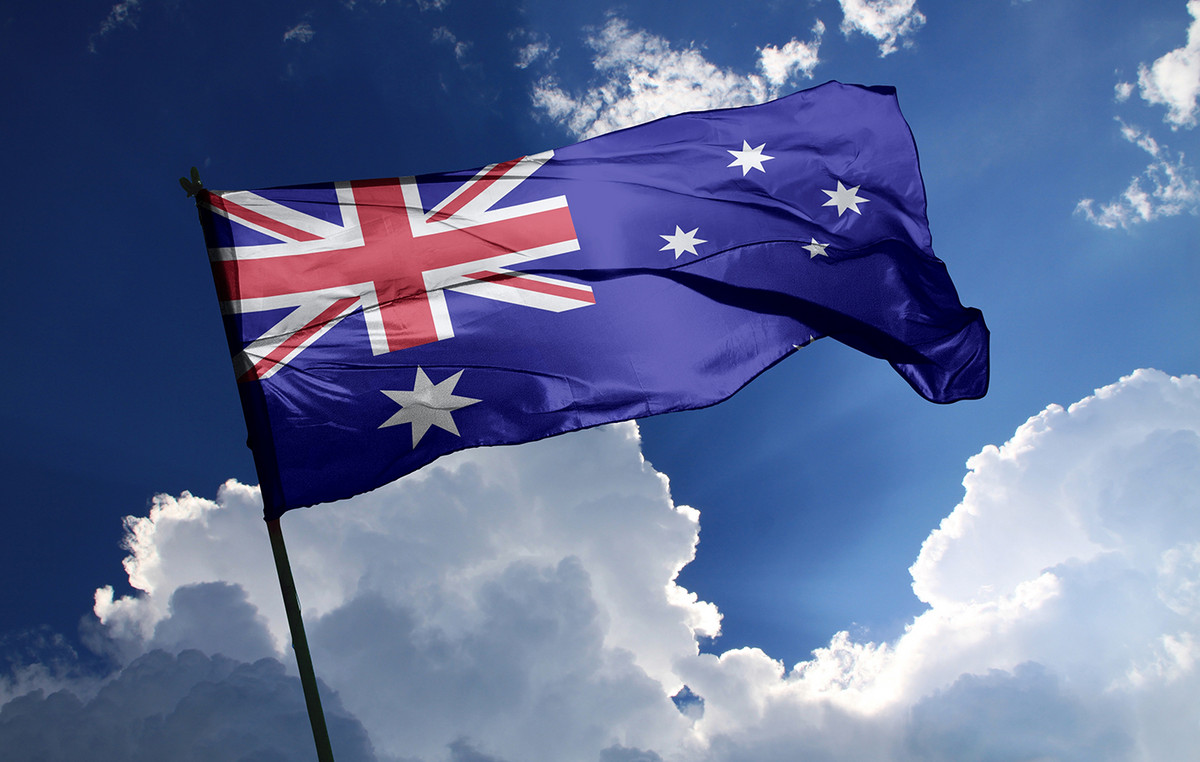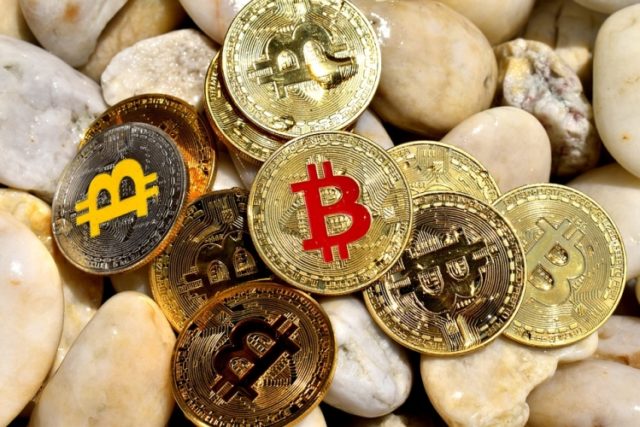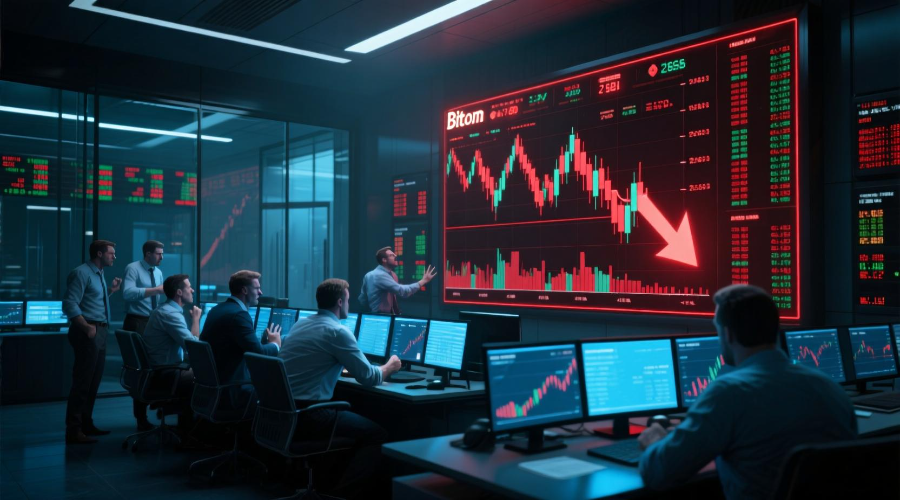The average price of the Decarbonization Credit (CBIO), which is mandatory compensation for fuel distributors to reduce greenhouse gases, grew by more than 175% in two years.
The data are from a study produced by the Pontifical Catholic University of Rio de Janeiro (PUC-RJ) in partnership with the National Federation of Fuel, Natural Gas and Biofuel Distributors (Brasilcom).
In June 2020, the average cost was BRL 43 for each CBIO. In this month of July, it jumped to R$ 119.70.
This Friday morning (15th), Brasilcom meets with representatives of the federal government to present the study and suggest measures.
Participating in the meeting are members of the ministries of Mines and Energy, Economy, Infrastructure, the National Petroleum Agency (ANP) and the Administrative Council for Economic Defense (Cade).
“Increase in CBIOS is equal to increase in gasoline and diesel, as these values are costs for distributors. We seek government action to avoid speculation and that the obligation to purchase CBIOs be attributed to production and imports – which have instruments to reduce greenhouse gases, in addition to allowing the inspection of the Securities and Exchange Commission and the Central Bank to avoid speculation and movements of purposeful increase in the price of CBIOs”, declared Sergio Massillon, Institutional Director of Brasilcom.
The Ministry of Mines and Energy confirmed to the CNN which has been working to “identify the causes of the increase in the price of the Decarbonization Credit and possible effects on the fuel market.”
The ministry also stated that it is discussing reviewing, until the end of this month of July, the ordinance that defined the rules of the CBIOs market to “protect agents from sudden fluctuations in the price of the CBIO.”
THE CNN sought contact with the Brazilian Sugarcane Industry Association (Unica), the main representative of the mills accredited to issue CBIOs, to inquire about how the entity sees this increase and its causes.
The report awaits a response.
What is CBI?
The Decarbonization Credit (CBIO) is a measure adopted by the National Biofuels Policy (RenovaBio), created to fulfill the commitments assumed by Brazil at COP 21, the United Nations Climate Change Conference.
The country has set annual decarbonization targets for the fuel sector, with the aim of increasing the share of bioenergy in the Brazilian energy matrix to approximately 18% by 2030.
The CBIO paper is issued by producers and importers of biofuels, such as ethanol, and purchased by fossil fuel distributors, which have annual decarbonization targets calculated by the ANP, based on the proportion of fossil fuels they sell.
Each CBIO corresponds to one ton of avoided carbon dioxide and, each year, the fossil fuel distributor must request the “retirement” of CBIOs in an amount equivalent to the established decarbonization targets.
What the PUC-RJ researchers pointed out is that the lack of regulation on these papers generates an exponential increase in the price.
The consequence, according to the survey, is an increase in costs for distributors, who will pass this value on to the final consumer.
Source: CNN Brasil
I am Sophia william, author of World Stock Market. I have a degree in journalism from the University of Missouri and I have worked as a reporter for several news websites. I have a passion for writing and informing people about the latest news and events happening in the world. I strive to be accurate and unbiased in my reporting, and I hope to provide readers with valuable information that they can use to make informed decisions.







